The Dying Women Coolies of Bhavnagar
Though air travel is now on the rise, the railways continues to have the upper hand in terms of daily passengers. Millions of Indians use the extensive Indian Railways every day due to its massive reach. And not long ago, porters were the lifeline of the Indian Railways. Back in India, porters go by the name "Coolie", an inheritance of our colonial past. No train journey could be complete without a helping hand from them- either when you're boarding your train or when you reach the destination.
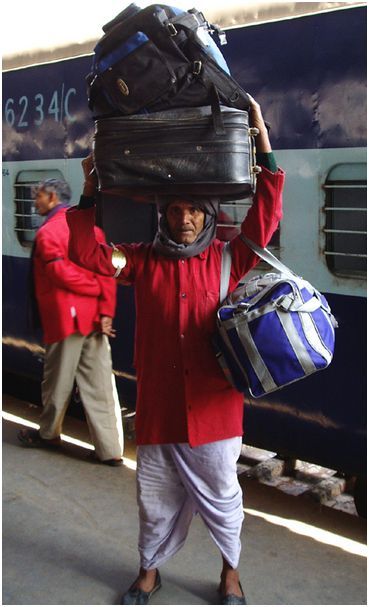
In the region of Saurashtra in the Indian state of Gujarat, lies the coastal city of Bhavnagar, where I spent a good part of my childhood.
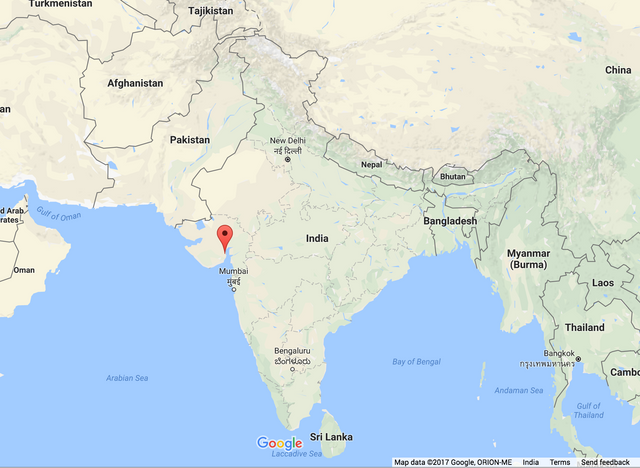
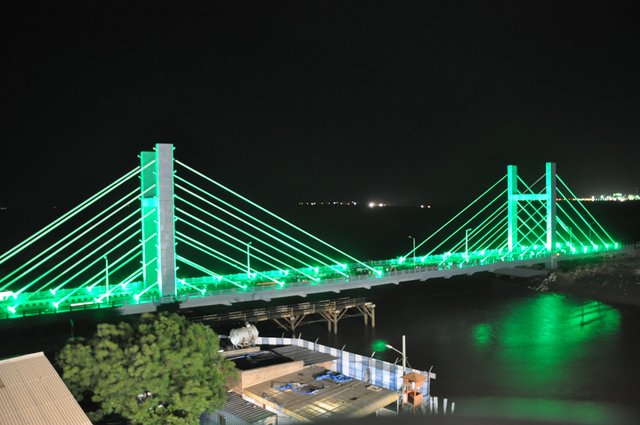

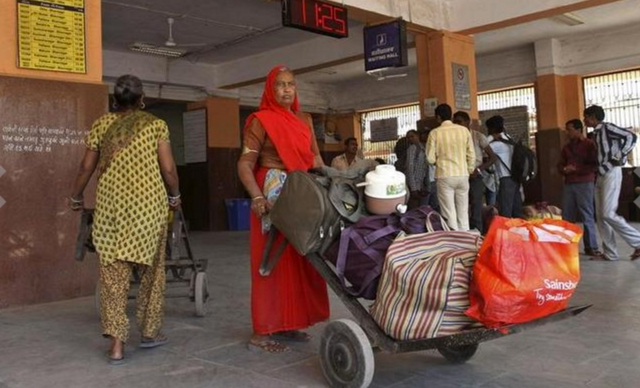
A porter’s profession in India is mostly associated with men in our country. Carrying luggage is a laborious task . However, defying all cultural barriers, these women took it upon themselves to defy all cultural barriers in a time when the society was opposed to them taking such a profession.
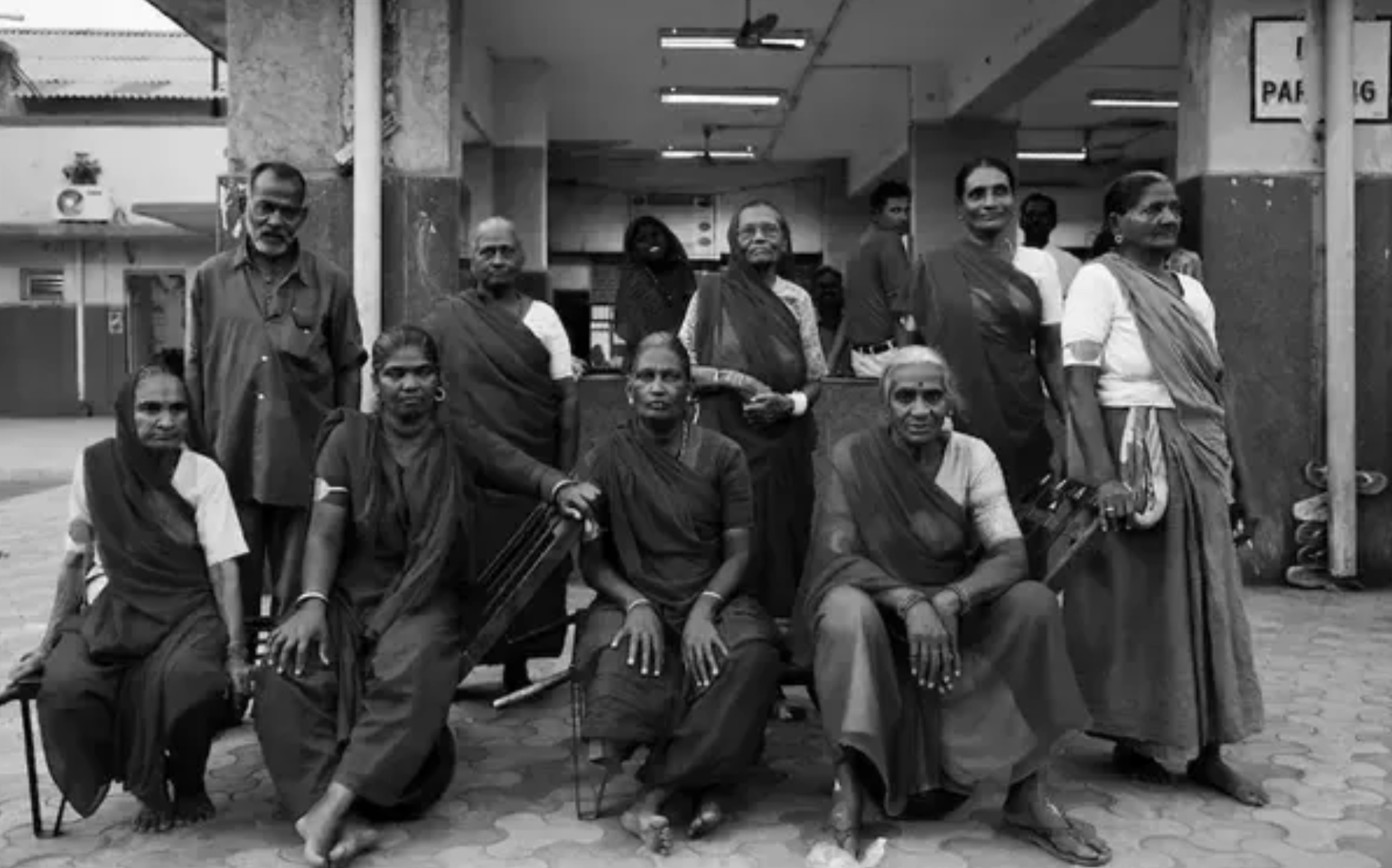
The unusual trend started way back in 1880, when Krishnapratap Singhji, the king of Bhavnagar at that time brought the Bhoi tribe who belonged to work at the royal palace. The king made a bold move by granting porter’s license to 3 women. With time, the profession attracted more Bhoi women as it earned them good money while their husbands worked at the king's residence.
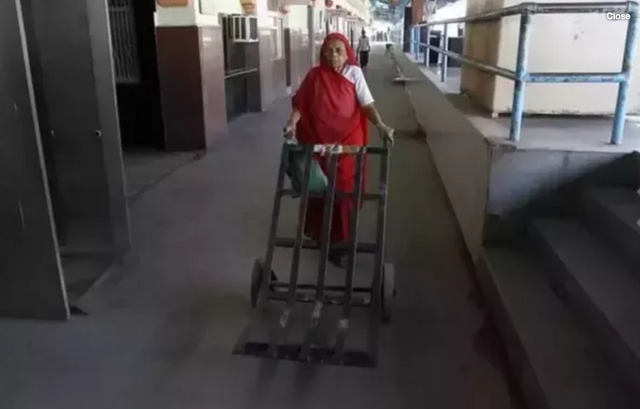
The tradition continued for around 130 years till the pace of modernisation caught up with the city. Installation of broad-gauge tracks led to increase in passengers visiting the city. Eventually in 2009, the railway authorities tapered the number of licenses given out to women, citing a misogynistic excuse that such a profession was not fit for women.
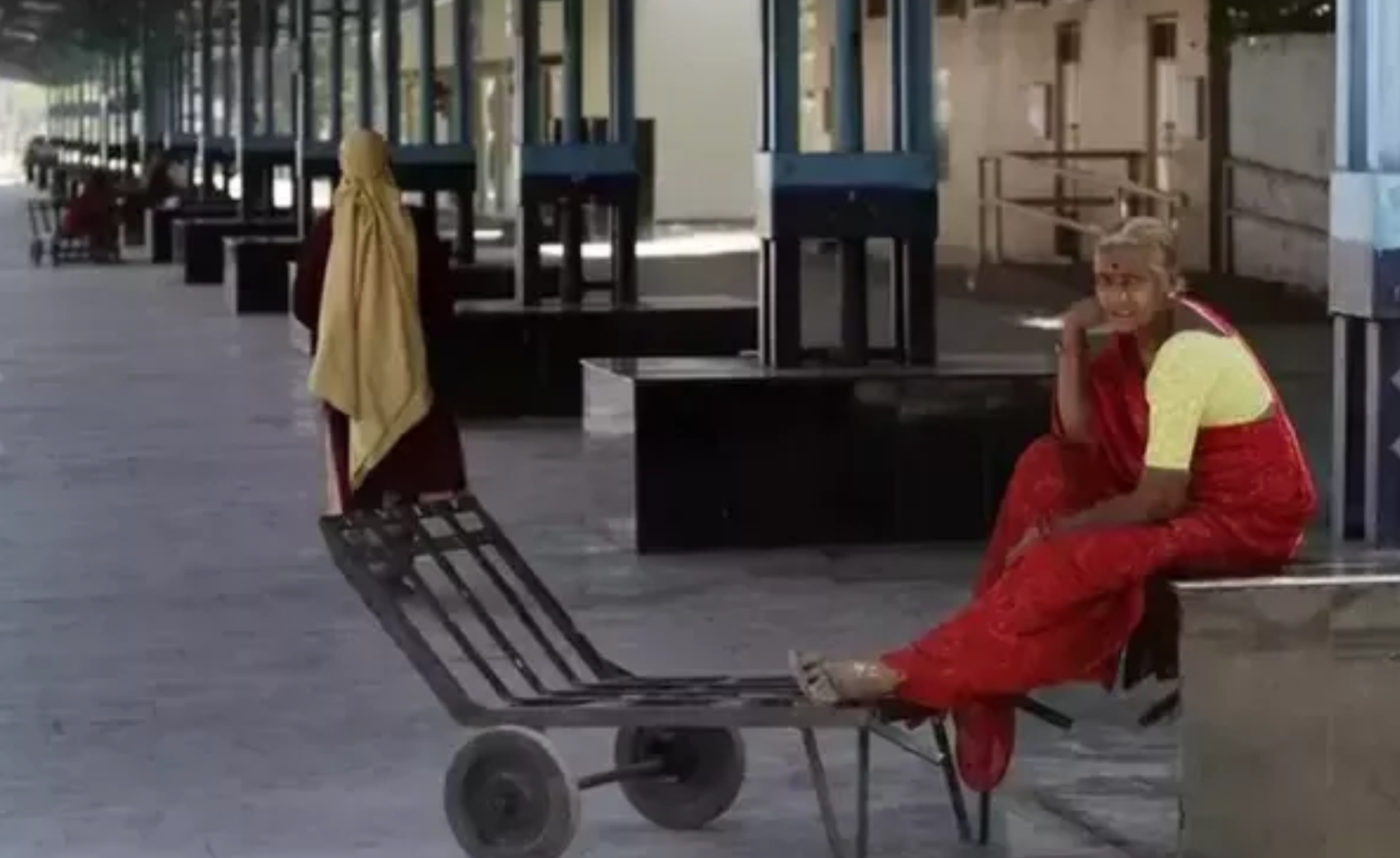
A porter’s badge is a legacy, handed down through generations. Those who inherit the badge can apply for a job with the Railways. Sadly the authorities refused to renew the license of new applicants, stating the laws of the Railways only allowed males to inherit badges.